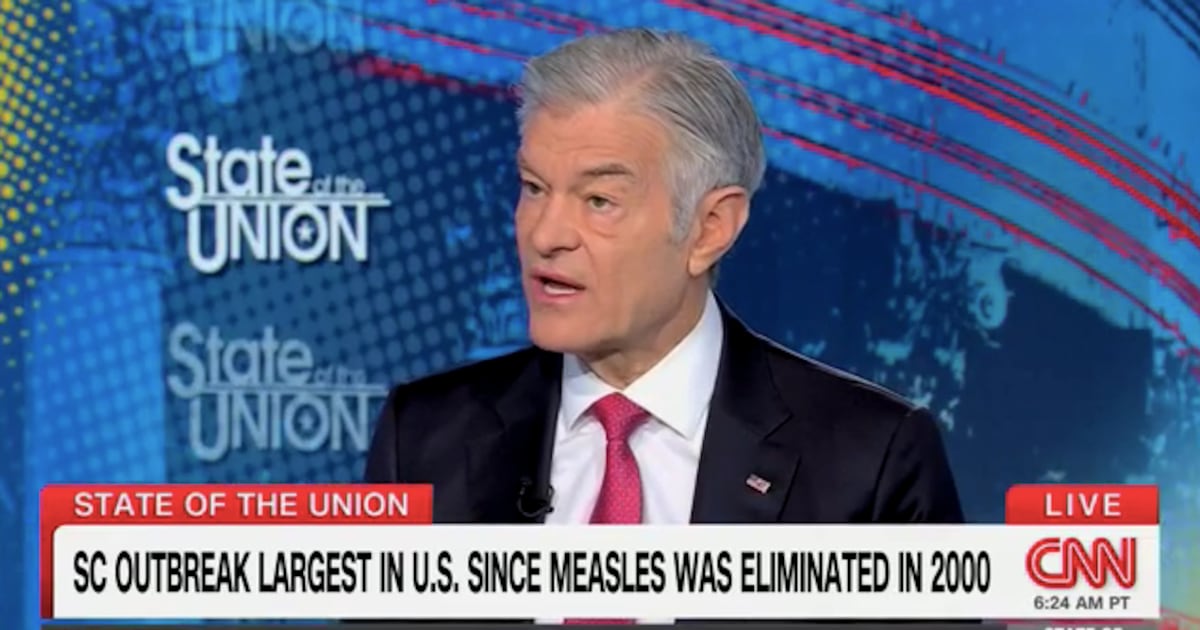Rep. Alexandria Ocasio-Cortez set off a wave of centrist pearl-clutching when she warned Senate Democrats last month that progressive lawmakers were willing to “tank” Joe Biden’s signature infrastructure bill if it arrived in the House without a companion bill packed with trillions more in critical climate and social infrastructure spending.
“We will not support bipartisan legislation without a reconciliation bill, and one that takes bold action on climate, drawing down carbon emissions,” AOC told lefty broadcaster Democracy Now! on July 12. “We’ve drawn a strong line… and we intend to act on that if a reconciliation bill does not come to the floor of the House.”
That threat appears to be paying off as Senate Majority Leader Chuck Schumer has moved to meet House progressives more than halfway. In a 69-30 vote on Tuesday, Senate Democrats passed a truly bipartisan $1.2 trillion infrastructure package as Schumer also revealed the blueprint for an ambitious $3.5 trillion reconciliation package stuffed with the spending priorities AOC and progressives requested.
The left has been instrumental in defending and strengthening the reconciliation bill’s loftier goals. They’d be nuts to oppose it now.
“The Senate is about to do something very good,” Republican Senator Rob Portman said shortly before the vote. For once, Portman was right: Put together, Schumer’s two bills represent the most forward-thinking infrastructure spending America has seen in decades. The bipartisan bill alone adds over $550 billion in new federal investments, and while much of that will go towards repairing roads and bridges, the bill also allocates tens of billions to repairing the social and environmental disasters created by years of piecemeal, car-focused infrastructure spending
The bipartisan bill contains billions for reunifying Black and brown communities bulldozed to build highways that served wealthier, whiter neighborhoods. Those efforts, which can include rerouting entire highways to restore small towns, play a vital role in correcting the systemic wrongs visited on marginalized communities by growth-at-any-cost federal transportation policies. There’s also nearly $40 billion to improve public transit and $68 billion to expand America’s rail networks—and while that’s less than half of Biden’s original ask, it still represents the largest-ever federal investment in environmentally sustainable transit.
Biden’s bipartisan bundle is far from perfect. Rep. Ayanna Pressley was right when she tweeted earlier this year, “Health care is infrastructure. Housing is infrastructure. Child care is infrastructure. Elder care is infrastructure.” And this grand bargain with the GOP contains practically no additional spending on America’s lagging social infrastructure, leading to heartburn in the House’s 96-member Progressive Caucus.
Fortunately for the left, AOC’s bold threat to kill Biden’s signature legislation unless the Senate included progressive priorities paid off. Centrist Senator Joe Manchin spent weeks posturing as a budget hawk on cable news shows as he fought to strip out huge chunks of Democrats’ party-line reconciliation package. But it’s clear Manchin took AOC’s threat seriously: He recently echoed AOC’s messaging, telling reporters he now supports including ‘soft infrastructure’ priorities like funding a path to citizenship for undocumented immigrants.
On Aug. 7, the House Progressive Caucus specifically mentioned five policy areas as non-negotiable: affordable housing, the care economy, Medicare expansion, climate action and citizenship. “We’re not backing down,” the Caucus tweeted. “If the bill doesn’t fund these sufficiently, it’s not getting our votes.”
Now the Progressive Caucus can claim significant credit for a reconciliation framework that includes Universal Pre-K for 3- and 4-year-olds, creates an entirely new federal health program for Americans stuck in the “Medicaid gap,” and pumps nearly $200 billion into a host of climate change remediation programs Schumer called “the most significant investment in tackling the climate crisis in U.S. history.”
Senate Democrats’ official language also includes $67 billion for, among other green initiatives, a program to increase access and equity in water distribution for low-income and minority communities that too often lack it. That word, equity, has been a key part of House progressives’ messaging on social infrastructure. Schumer’s decision to cite climate and infrastructure equity five times in his nine-page memo is a clear sign the Majority Leader is paying attention.
Now it’s up to AOC and the Squad to sell their progressive colleagues on settling for most of what they demanded—and Manchin is guaranteed to make that process a nightmare. On Wednesday morning, Manchin tweeted his “serious concerns about the grave consequences... if Congress decides to spend another $3.5 trillion.” Manchin is known for creating news cycle-stealing political theater, but his most recent threat risks toppling months of his colleagues’ hard work.
Assuming Schumer can keep Manchin’s cost-cutting machete away from the reconciliation bill, there is no reason for progressives to reject what could soon be two landmark pieces of Democratic legislation. Not only does the beefed-up $3.5 trillion reconciliation plan lock down real, long-term funding for climate research and protection, it does so by validating the left’s central claim that climate change is infrastructure. And while some progressive groups may fear losing their outsider cachet by signing on to a Schumer-Biden deal, the prospect of mainstreaming climate infrastructure is a worthy reason for linking arms with centrist Dems.
The left can also crow that their fingerprints are all over Biden’s signature legislation, disproving the oft-repeated centrist criticism that progressives are better at communication than legislation. That’s especially true for the newest members of Ocasio-Cortez’s progressive A-Team, who can now tell voters they’ve turned progressive ideals into policy faster than any other lefties since Lyndon Johnson’s tenure in the 1960s. Progressives can’t let their pursuit of a perfect bill block a massive federal investment in their climate and care infrastructure agenda.
The influence on display in the left’s successful reconciliation gambit was hard-won through careful strategizing, effective messaging and issue solidarity. All that hard work can be squandered in a moment if House progressives overplay their considerable hand. AOC and the House Progressive Caucus have proven to be able dealmakers in a closely-divided Washington. Knowing when to take a win will be their biggest test yet.








